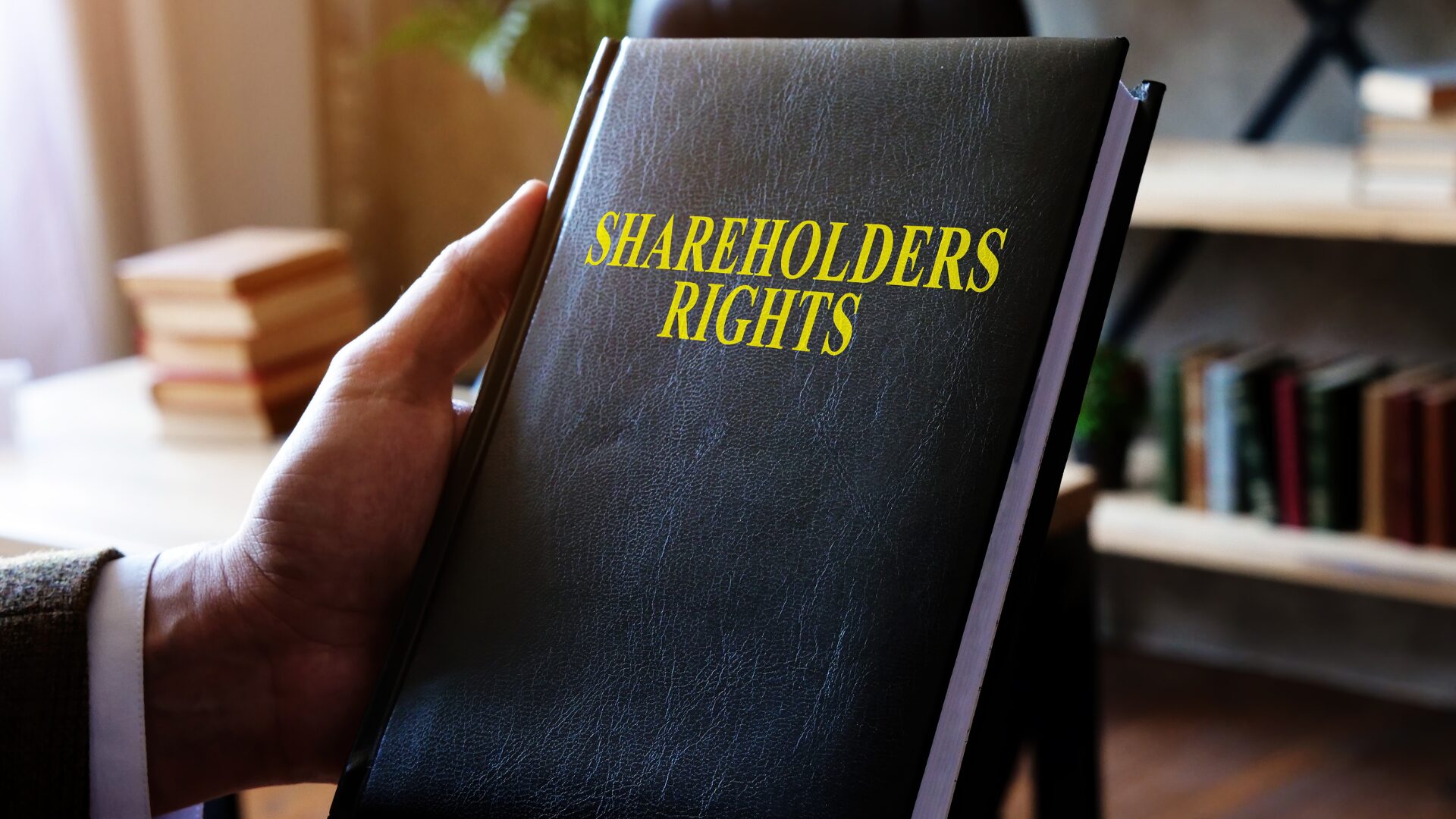Choosing the right commercial lawyer is one of the most critical decisions any entrepreneur or business owner can make in Nigeria. Whether you are registering a new company with the Corporate Affairs Commission (CAC), drafting a shareholder agreement, negotiating contracts, resolving disputes, or dealing with regulatory compliance under government agencies like FIRS, having the right legal support is not optional; it is essential.
A knowledgeable and experienced business lawyer not only helps you navigate the complexities of Nigerian business laws but also helps you limit your liability, safeguard your intellectual property, and protect your financial and legal interests. They ensure your documents are properly drafted, your rights are enforced, and your business complies with all applicable laws and regulations, whether under CAMA 2020, tax laws, or sector-specific guidelines.
But with so many lawyers and law firms in Nigeria, how do you identify the one best suited for your business needs? Let us find out.
Factors to Consider When Choosing a Corporate Commercial Lawyer in Nigeria
Here are the key steps to choosing the right lawyer and making an informed decision:
1. Determine Your Business Needs
Before hiring a lawyer, take time to assess the specific legal challenges your business may face. Every small business has unique legal demands, and understanding yours will help you make informed decisions when hiring legal support.
Some areas where small businesses often require legal guidance include:
- Drafting and Reviewing Contracts: Whether you are entering agreements with vendors, customers, or employees, having well-structured and enforceable contracts is key to protecting your business from disputes.
- Safeguarding Intellectual Property: If your business involves branding, product design, or creative work, securing your intellectual assets through trademarks, copyrights, or patents is vital. An intellectual property lawyer ensures your innovations remain exclusively yours.
- Regulatory Compliance: From adhering to tax laws and labor rules to meeting industry-specific regulations, staying compliant is essential to avoid legal penalties and run your business efficiently.
By identifying these legal needs, you can better determine the kind of legal expertise that fits your business needs.
2. Specialization and Experience
Finding a commercial lawyer who specializes in your industry is a smart decision for your business. Legal practitioners who have hands-on experience in your specific sector bring valuable insights and a deeper understanding of the challenges and compliance issues your business may face.
For example, a lawyer familiar with real estate, healthcare, or technology can help you navigate sector-specific laws like property registration, NAFDAC compliance, or data protection regulations.
Local knowledge is also important. A lawyer based in your geographical region will better understand state laws, taxes, and licensing peculiarities relevant to your area. Choosing a lawyer with both industry and local expertise ensures you get tailored, practical legal advice that protects your business and helps it grow.
3. Familiarity with Nigerian Regulations
The corporate lawyer you hire must be familiar with Nigeria’s key regulatory frameworks. This includes the laws governing company formation, employee rights and employer obligations, laws which protect personal data and affect how businesses collect, store, and use information, etc.
Depending on your industry, your lawyer should also understand sector-specific laws, such as NAFDAC regulations for food and drug businesses, CBN guidelines for financial services, or local government levies for service-based businesses. A well-informed lawyer ensures your business remains compliant, avoids penalties, and operates legally and efficiently.
4. Check for Proven Experience and Reputation
Experience is crucial when selecting a business lawyer. An experienced lawyer brings practical knowledge, legal foresight, and the confidence needed to guide your business in Nigeria. Therefore, consider their years of practice, which is how long they have been handling business law matters.
Also consider their client portfolio, if they have worked with businesses similar to yours in size, sector, or structure. You can also consider if they have hands-on experience with issues like contract disputes, regulatory compliance, tax matters, or CAC filings. Check their online presence, reviews, and ask for referrals or testimonials from other business owners.
5. Communication and Accessibility
When choosing a lawyer in Nigeria, it is important to find someone who listens attentively to your concerns and communicates clearly. During your initial consultation, observe how well they explain legal concepts in plain, understandable language.
A good business lawyer should be approachable, patient, and capable of tailoring legal advice to your specific needs. Also, consider their availability. You need a lawyer who is accessible, responsive, and able to offer timely guidance.
6. Understand the Costs and Payment Structure
Before hiring a business lawyer, you must understand how they charge for their services. Legal fees in Nigeria can vary based on the lawyer’s experience, the complexity of the matter, and the type of service provided. Here are the most common billing structures:
- Hourly Billing: You are charged for each hour the lawyer spends on your matter. This fee structure is often used for detailed or unpredictable legal work, like litigation or negotiations.
- Flat Fees: A fixed amount for clearly defined services such as business registration, contract drafting, or trademark filings. This fee structure offers predictability and is great for budgeting.
- Retainer Agreements: A lump-sum payment that secures the lawyer’s availability for ongoing legal support over a period. This fee structure is ideal if your business needs frequent legal guidance and support.
Always request a detailed breakdown of fees and services upfront. Transparent billing helps avoid disputes, ensures you are not caught off guard by hidden charges, and allows you to plan your legal expenses wisely, especially if you are running a small or growing business.
Conclusion
Hiring the right lawyer for your small business in Nigeria is a critical decision that goes beyond just avoiding legal problems. It is about setting a solid foundation for sustainable growth and success. With the right legal guidance, you can avoid costly mistakes, navigate complex regulations, and protect your interests in Nigeria’s competitive market.
By taking the time to conduct a thorough search and asking insightful questions, you will find a lawyer who understands your unique business needs.



















